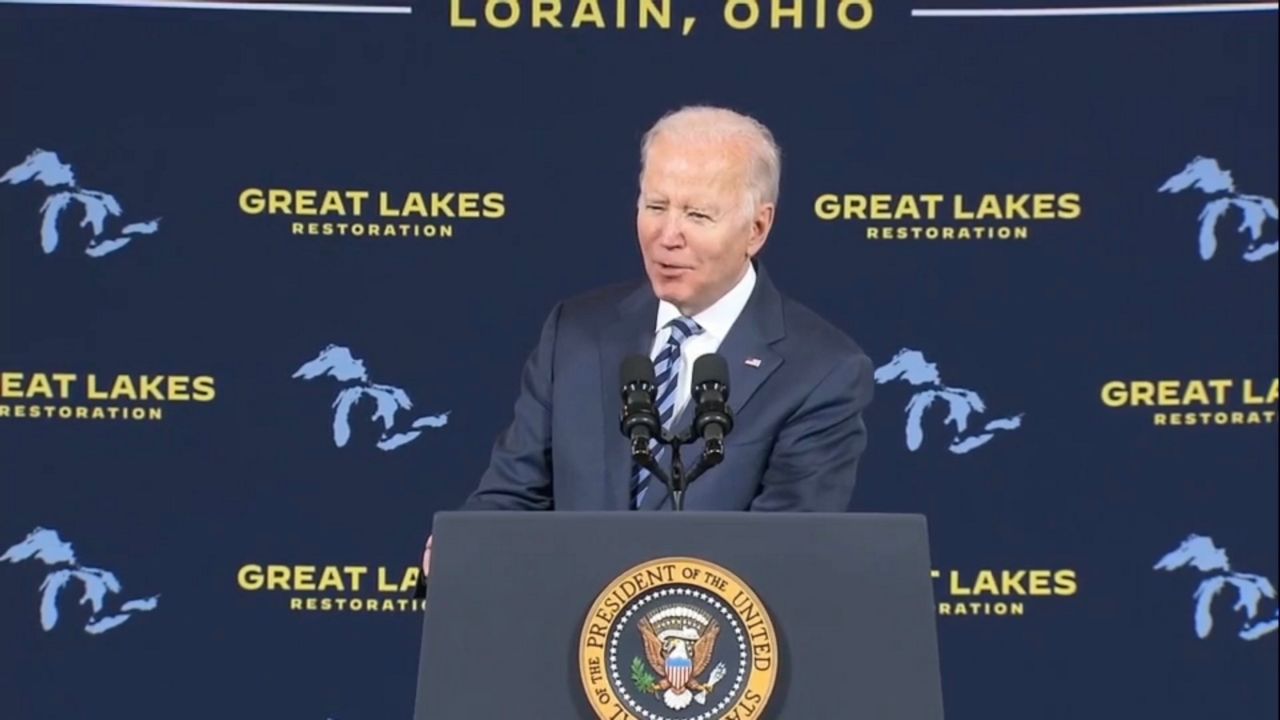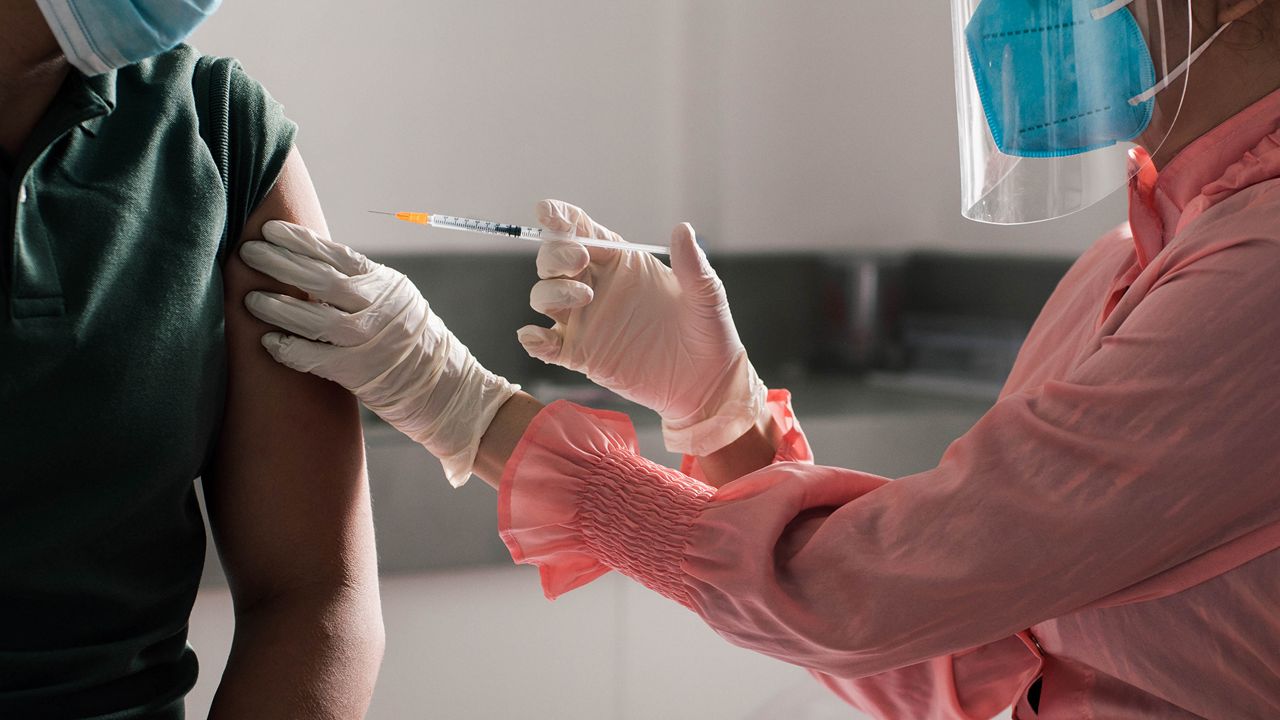CLEVELAND — The next stage of the pandemic could be a “post-omicron lull” that allows for a return to normal in education, business and travel, but the long-term outlook is hard to predict due to the possibility of new variants, two experts at the Cleveland-based health system University Hospitals said Thursday.
What You Need To Know
- Two Cleveland doctors said they're feeling good about the pandemic's status
- With cases down, travel is now safe for most vaccinated people, they said
- While the virus outlook has improved, the unknown is possible future variants
The hospital’s main campus is treating fewer than 30 patients, down from 162 at the peak last month, said infectious disease expert Dr. Keith Armitage.
“What we saw with omicron was so interesting because the cases went up fast and went down fast,” he said. “We were in crisis mode the last week in December and the first two or three weeks of January, and then suddenly the cases just dropped off.”
The omicron variant has swept through communities across the U.S. and globally, leading to a “herd immunity situation” with vaccinations and natural immunity combining to offer significant protection in the population, Armitage said.
While scattered cases are likely to persist, Armitage said he envisions a continued shift away from mask requirements in the near future, and even business travel making a comeback.
“The unknown is future variants,” he said, acknowledging that experts have been caught off guard before. “Back in May and June, I felt very optimistic. Then, we had delta. Then, we had omicron.”
By mid March, predictive analytics forecast that virus levels in the Cleveland area could reach the lowest levels since the beginning of the pandemic, said Dr. Robert Salata, chairman of the Department of Medicine and lead investigator for the northeast Ohio Pfizer vaccine trial.
“As fast as omicron came on, it is falling rapidly,” he said.
A subvariant of omicron, B.2, is spreading in Ohio and represents a fifth of recent cases in Europe, Salata said, but experts are not expecting B.2 to cause cases to surge thanks to the immunity levels that have been reached.
Salata said it’s unlikely we’ll eradicate the virus, but he does believe it is being tamed. If the trends continue, society will be able to move forward, especially as more therapeutics become available, he said.
Down the line, he anticipates there will be a “universal COVID vaccine” that offers strong protection against numerous variants, and he said COVID-19 vaccines could be combined with influenza immunization for convenience.
Armitage and Salata said travel is safe at this time for immunocompetent people who are vaccinated, with the recommendation that travelers wear masks in high-risk indoors areas when possible.
For international travel, they urged patients to be aware of vaccine and testing requirements.
“The real risk of travel I think right now is not getting sick from COVID if you're vaccinated and boosted, the real risk is having an asymptomatic omicron case with a positive test,” Armitage said.







